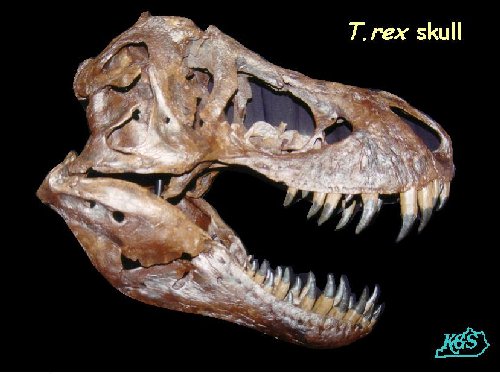Rather than leaving you in limbo I'll give you the answer straight away: paranoid. For those not in the know, Michael Egnor is the Discovery Institute's latest media darling and Ozzy is, of course, Ozzy... The reason Ozzy is paranoid is simply because he wrote the song "Paranoid". The reason Egnor is paranoid is his latest writings at the evolutionnews.org site - "
Airbrushing the Evidence for Reverse Engineering in Biology: Darwinist Makes Wikipedia Reference 'Disappear'". Before I get into explaining why Egnor is paranoid, I just want to examine some of the claims Egnor makes in the article, but before I do, let's see what it means to reverse-engineer something. A common thread for most definitions is as follows:
The process of learning how a product is made by taking it apart and examining it (copied from here).
So, in an sense, when one is elucidating the workings of a biological organism by examining it's "components", one is reverse-engineering - although, more properly, one is engaging in reductionism. The term reverse-engineer implies that whatever one is reverse-engineering was "engineered" in the first place. Which is perhaps why Egnor makes the following claim:
Reverse engineering in biology is an inference to design, even if the inference is implicit and not explicit, and even if the scientist using the reverse engineering methodology doesn’t agree with the philosophical implications of the design inference. Much of modern molecular biology is the reverse engineering of biological molecules.
First, reverse engineering in biology is no inference to design. That is just plain silly. The fact that something can be broken down into smaller components in order to understand the workings of the whole simply means "that something can be broken down into smaller components in order to understand the workings of the whole ". Unless, of course, one assumes that whatever one is examining was designed in the first place - in which case the design inference is simply a circular argument. Good one, Egnor. In reality, the examination of biological workings of organisms could be called reverse engineering only if one assumes that the biological organism was "designed" in the first place. Let's leave the term outside of biology.
Which brings us back heading of Egnor's article for this post. Egnor is upset because the WikiPedia entry for reverse-engineering has had any mentioning of biology deleted from it. Well, as I've argued, so it should.
Which leaves us with me explaining why Egnor is paranoid. Writes Egnor:
Looking a little further, is seems that DrLeeBot (the person that modified the Wiki entry) has an agenda. He has repeatedly modified Wikipedia articles on "pseudoscience" and modified articles on President Bush in ways that that make them more critical of the President.Darwinists felt so threatened by my mundane observation that they actually airbrushed out the relevant part of the Wikipedia link for reverse engineering. This is how Darwinists debate. I made the simple point that
much of modern molecular biology is biological reverse engineering, and that the implicit inference to design may be helpful in guiding biological research.
Their reply: delete the evidence.
What are Darwinists afraid of? Intelligent Design scientists try to help people see the evidence. Darwinists are afraid they'll see it.
First of all, I find it interesting that, since DrLeeBot has previously changed articles on pseudoscience and President Bush(?), Egnor immediately comes to the conclusion that DrLeeBot has a "Darwinian agenda". Is Egnor implying that ID is pseuodoscience? What has Bush got to do with anything? Maybe DrLeeBot's agenda was simply to correct the definition of the word.
Notice how Egnor writes:
Darwinists felt so threatened by my mundane observation that they...
Who are THEY? It was one guy. He was right. Egnor is paranoid.
Second, why does Egnor feel that "Darwinists" are out to get him? The definition of a word was altered so that it actually reflected it's meaning better. No evidence was deleted. Egnor's claim the "Darwinists" are afraid that people might see evidence is a non-sequitur since we are not talking about evidence here. We are talking about the definition of a word that, the way Egnor uses it, makes a perfectly circular argument that biological things were intelligently designed. Circular reasoning is only evidence to pseudo-scientists... such as Egnor. Feeling that people are out to get you for the simple reason that someone corrects the definition of a word is paranoia.






